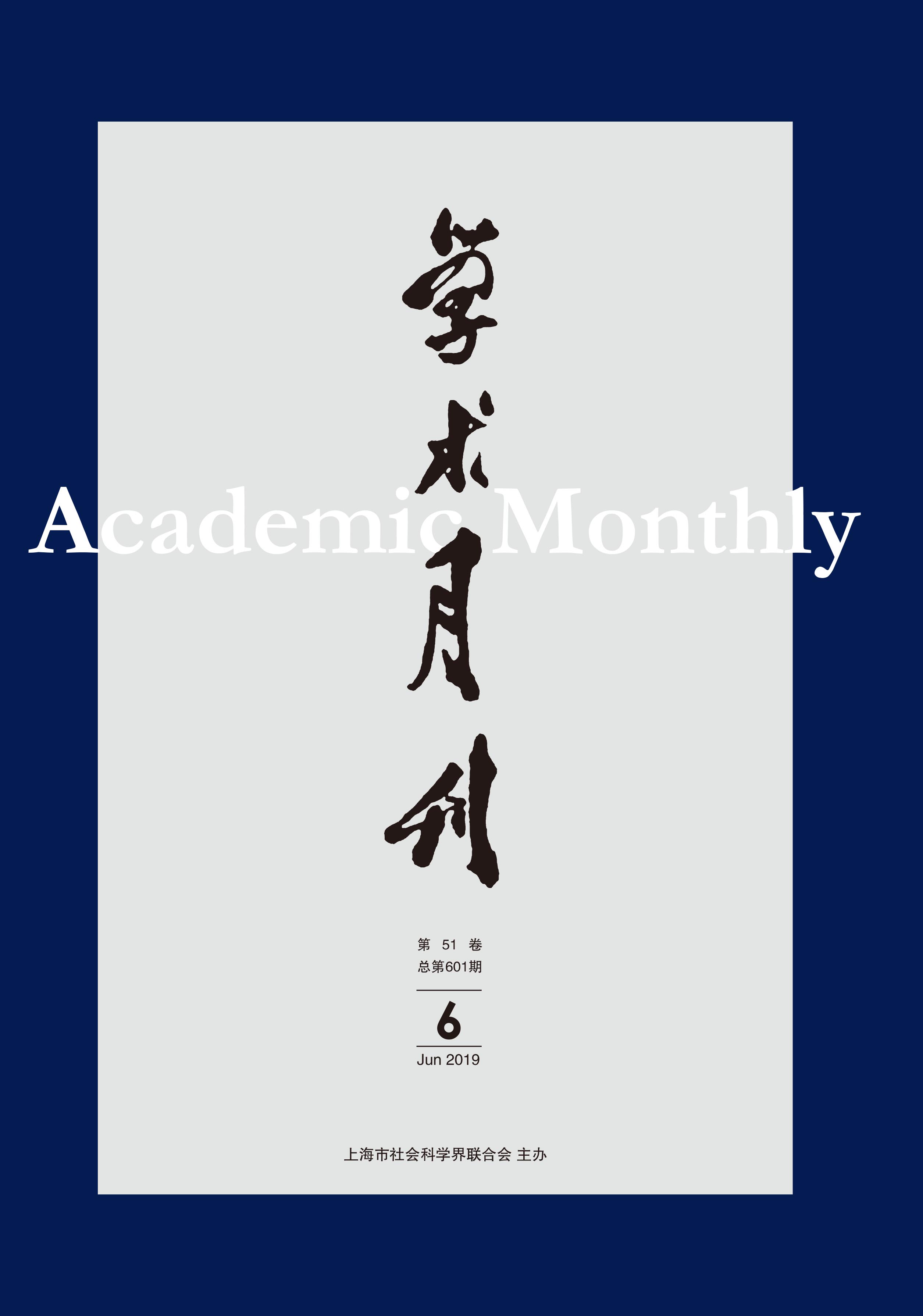Rhetorical Reading and Literary Interpretation
- Available Online: 2019-06-01
Abstract: Zhang Jiang believes that interpretation is a public behavior and literary interpretation should be widely identified by people with the definite theme and meaning of the text. Literary criticism provides guidance of universal significance in a complete and systematic way. Based on this principle, he questions the deconstruction criticism of J. Hillis Miller. Miller’s response is that deconstruction criticism is rooted in the figurative nature of literary language and it emphasizes the interpretation of literary texts with special methods, which does not mean the negative of the significance of literary texts. What it attaches importance to is not the guidance of theoretical paradigms and methods, but the reading and experience of specific texts. He calls his work rhetorical reading. It holds that rhetorical reading and public interpretation attach importance to the close reading of texts and the ability of literary interpretation although the study on their paths are different. It places rhetorical reading in the background of the modern hermeneutics and ancient Chinese rhetorical criticism theory. It demonstrates the importance of rhetorical reading for contemporary literary criticism theory with the analysis of recitation and sight reading of contemporary poetry by Zhang Jiang.



 沪公网安备 31010102003103号
沪公网安备 31010102003103号 DownLoad:
DownLoad: